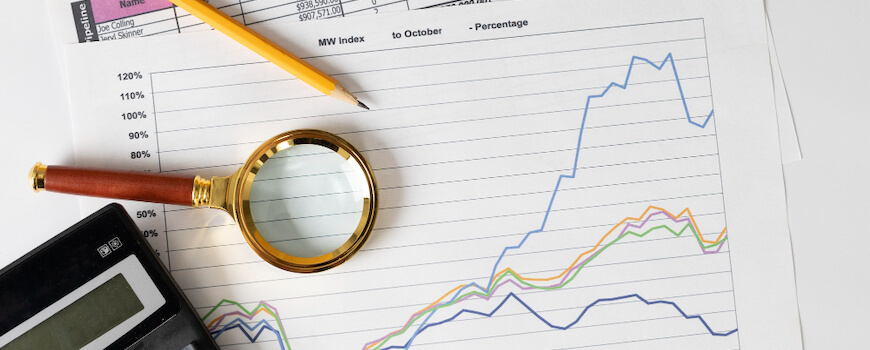
What is the gas exchange?
A gas exchange works in the same way as a classic commodity exchange. The difference is that you can trade natural gas, not gold, precious metals, grain or other commodities.
Trading in natural gas commodities can relate to either the quantity of natural gas or capacity, or a combination of both.
With the gradual increase in natural gas prices (due to decreasing stocks and resources), gas exchanges are needed to provide a source of information on market prices, thus making prices more transparent, both for on-exchange and off-exchange transactions.
In addition to gas exchanges, gas can also be purchased from wholesalers who trade gas (and their capacity and pipeline rights) with each other on a market basis.
In Europe (and in Hungary), energy producers tend to enter into long-term contracts of up to 5-10 years to hedge against fluctuations in stock market prices.

European gas exchanges
What do you need to know about the best-known European gas exchanges?
TTF (Title Transfer Facility) – the Dutch gas exchange
The TTF is the virtual natural gas trading point for the Netherlands. It allows trading of gas on a forward and spot basis, even on a physical basis. TTF trades in euros and the unit used is the megawatt hour.
VTP (Virtual Trading Point) – the Austrian gas exchange
The Vienna-based VTP is operated by CEGH (Central European Gas Hub). The largest Austrian market player is OMV.
NBP (National Balancing Point) – the UK gas exchange
NBP is operated by the national network of system operators in the UK. Transactions entered into on the NBP are delivered on an equal day-to-day basis for the entire duration of the transaction.
NCG (NetConnect Germany) – the German gas exchange
On the German gas exchange, contracts can be concluded up to 156 months in advance, which can be delivered on an hourly basis.
The Hungarian Gas Exchange (NFKP, CEEGEX, KELER)
The Hungarian gas exchange is called NFKP (Napi Földgáz- és Kapacitáskereskedelmi Piac), which is operated by CEEGEX Zrt. (Central and Eastern European Organised Natural Gas Market) and FGSz (Földgázszállító Zrt.). The KELER Group is responsible for settlement services.
Daily exchange rate fluctuations can be followed on the CEEGEX website.
The products currently available on the Hungarian Gas Exchange are:
- Natural gas volume: it is possible to buy a given quantity of natural gas.
- Capacity: it is also possible to buy a capacity volume as defined in the transmission system.
And variants of this are also available, such as hourly deliveries of natural gas to balance the transmission system, or forward transactions, i.e. the seller does not need to have the required amount of natural gas or capacity at the moment of sale. Do you have questions about the Hungarian gas exchange? Contact us!
